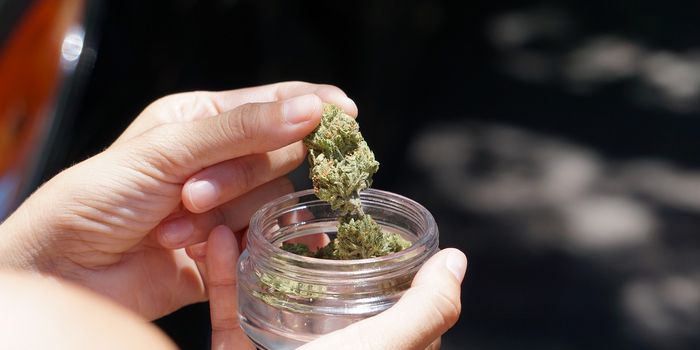Eating Dark Chocolate Reduces Stress, Improves Mood
We’ve heard that dark chocolate is good for us in reasonable amounts, but two unique studies from the Loma Linda University Adventist Health Sciences Center are now the first to study the beneficial effects of a specific compound that’s largely responsible for dark chocolate’s good reputation.
Dark chocolate has a high concentration of cacao (usually 70 percent; 30 percent sugar), which is a rich source of flavonoids, a type of health-promoting compound called a phytochemical. Flavonoids and other phytochemicals have beneficial effects like reducing inflammation and oxidative stress and lowering the risk of chronic diseases.
The present studies examined the effect of flavonoids on cognitive, endocrine, and heart health in human subjects. Overall, they found that flavonoids from dark chocolate have a positive influence on stress, inflammation, mood, memory, and immunity.
Specifically, the first study looked at both immune and brain health in response to dark chocolate consumption. By analyzing the effect of dark chocolate on gene expression in human immune and dendritic cells, specifically pro- and anti-inflammatory cytokines, they found that eating dark chocolate stimulated increased expression of protective T cells, neural signaling, and sensory perception.
The second study focused completely on dark chocolate and brain health. Researchers measured the electroencephalography (EEG) response 30 minutes and two hours after consuming dark chocolate, looking at the effect on changing brain frequencies. They found that consuming dark chocolate “enhances neuroplasticity for behavioral and brain health benefits.”
Neuroplasticity describes the way neurons change in form and function in response to changes in their immediate environment. It is necessary for brain circuits to develop successfully, a process which is vital for determining humans as individuals, regulating the building of knowledge and skill, and repairing brain tissue after injury.
"For years, we have looked at the influence of dark chocolate on neurological functions from the standpoint of sugar content - the more sugar, the happier we are," explained principal investigator Lee S. Berk, DrPH. "This is the first time that we have looked at the impact of large amounts of cacao in doses as small as a regular-sized chocolate bar in humans over short or long periods of time, and are encouraged by the findings.”
Sources: North Carolina Research Campus, International Encyclopedia of the Social & Behavioral Sciences, Loma Linda University Adventist Health Sciences Center









